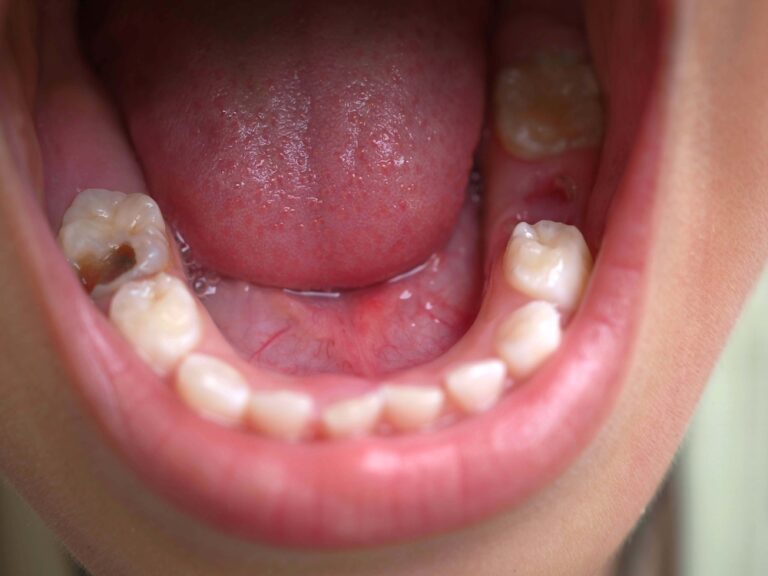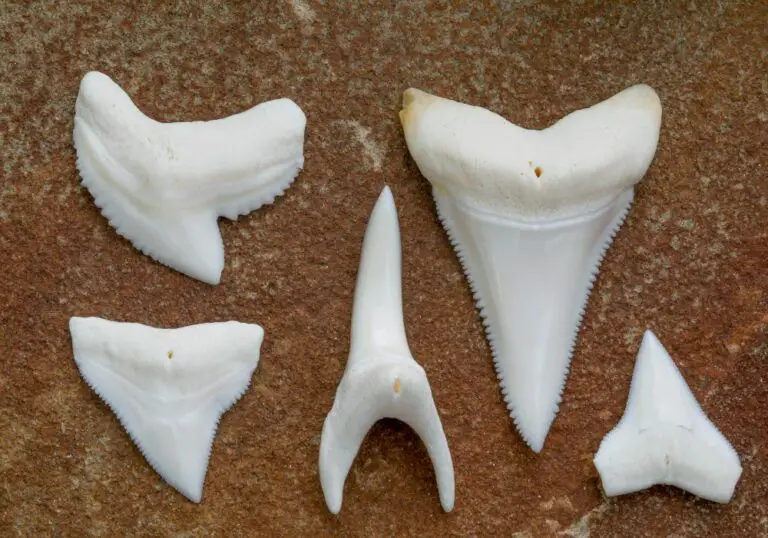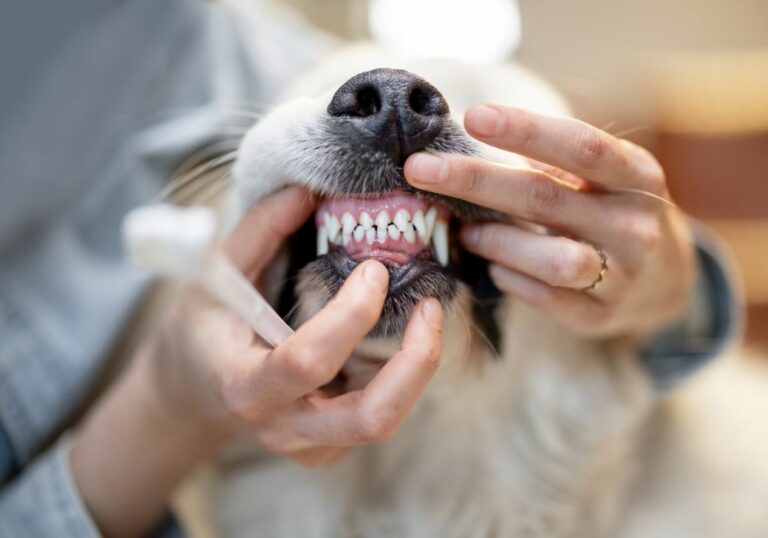Tooth decay, also known medically as dental caries or cavities, refers to the breakdown of teeth due to acids produced by oral bacteria. It is one of the most prevalent chronic diseases worldwide. When the sticky, colorless biofilm known as plaque accumulates on teeth, the bacteria within it metabolize sugars and starches to produce acids that demineralize the tooth structure. This causes microscopic holes or pores referred to as cavities to form in the enamel (outer layer) and eventually the deeper dentin. As the decay advances, it can reach the inner soft pulp tissue and blood vessels, becoming severely infected.
Untreated dental caries can lead to excruciating pain, tooth loss, systemic infection, and dental abscesses. While professional dental treatment is required to fully address decayed teeth, there are some safe home remedies you can utilize for temporary pain relief and to slow the progression of decay before you are able to see a dentist.
This comprehensive article will discuss multiple evidence-based methods to treat minor tooth decay and associated symptoms from the comfort of your home. However, these should not be considered substitutes for examination and treatment from an accredited dental professional.
Thoroughly Cleaning Decayed Teeth

Meticulous cleaning of decayed teeth is one of the most effective ways to mitigate further demineralization and damage at home. Here are some steps you can follow:
- Brush With a Soft or Extra-Soft Bristle Toothbrush: Choose a toothbrush labeled soft, extra-soft, or ultrasoft to avoid abrading and weakening the enamel near cavities. Use a pea-sized amount of fluoride toothpaste and brush for 2 minutes, gently sweeping the bristles over decayed areas using short, light strokes. Take care not to press hard or scrape vigorously over cavities.
- Floss With Care: Gently slide dental floss down between the decayed tooth and adjacent teeth to lift out plaque, debris, and trapped food particles. Use a back-and-forth motion rather than snapping the floss up hard against gum tissue, which can cause pain and bleeding in sensitive areas.
- Use Antibacterial Mouthwash: Rinsing daily with an over-the-counter antibacterial mouthwash containing cetylpyridinium chloride, essential oils, or chlorhexidine can help reduce plaque buildup and kill bacteria around cavities. Swish the mouthwash around for 30-60 seconds after brushing. Avoid alcohol-based varieties if you have sensitive teeth.
- Salt Water Rinses: Swishing a salt water rinse made with 1 teaspoon of table salt dissolved in a cup of warm water for 30 seconds 2-3 times a day can help dislodge debris, draw out infection, and reduce inflammation and pain caused by tooth decay.
- Baking Soda Paste: Prepare a thick paste by mixing 1 teaspoon of baking soda with a small amount of water. Dip a soft-bristled toothbrush into the paste and gently dab it onto cavities and surrounding gumline. Let it sit briefly before rinsing. The abrasive and alkaline properties of baking soda help neutralize acid and remove built-up plaque.
- Avoid Sugary and Acidic Foods: Limiting consumption of foods high in refined carbohydrates and sugars including candy, cookies, soda, fruit juice, and even fruits can help reduce the acidic environment in the mouth that fuels demineralization from dental caries.
Soothing Pain and Sensitivity from Decayed Teeth
Tooth decay can cause moderate to severe pain, especially when the inner dentin layer is affected. Several natural home remedies may provide temporary pain relief:
- Clove Oil: Eugenol, the active numbing agent in clove oil, has a long history of dental use as a topical anesthetic. Soak a cotton ball or cotton swab in clove oil and gently dab it onto the painful cavity. Its antiseptic properties also help prevent infection. Reapply every few hours as needed.
- Cold Compress: Applying an ice pack or cold compress wrapped in a cloth to the external facial area near the aching tooth can constrict blood vessels and reduce nerve sensitivity in the pulp to numb pain. Use for 10-15 minutes at a time. Do not place ice directly on the decayed tooth.
- OTC Pain Relievers: Over-the-counter non-steroidal anti-inflammatory drugs like ibuprofen (Advil) or acetaminophen (Tylenol) taken according to package directions may temporarily alleviate toothache pain. They also reduce inflammation.
- Oregano Oil: Dilute 2-3 drops of oregano essential oil with a teaspoon of coconut oil or olive oil and apply to the painful cavity using a cotton swab. Oregano oil contains thymol and carvacrol compounds that have natural analgesic and antibacterial effects to dull pain.
- Onion: Onion contains anti-inflammatory enzymes that may relieve pain when applied topically. Place a small sliver of raw white onion directly onto the decayed tooth and let sit for 5-10 minutes. The onion juices will be released and drawn into the cavity.
- Garlic: Crush some garlic to release allicin, its active pain-reducing compound. Using a cotton swab, apply a small amount of garlic juice directly to and around the painful cavity to alleviate sensitivity, inflammation, and infection.
Slowing Down the Tooth Decay Process
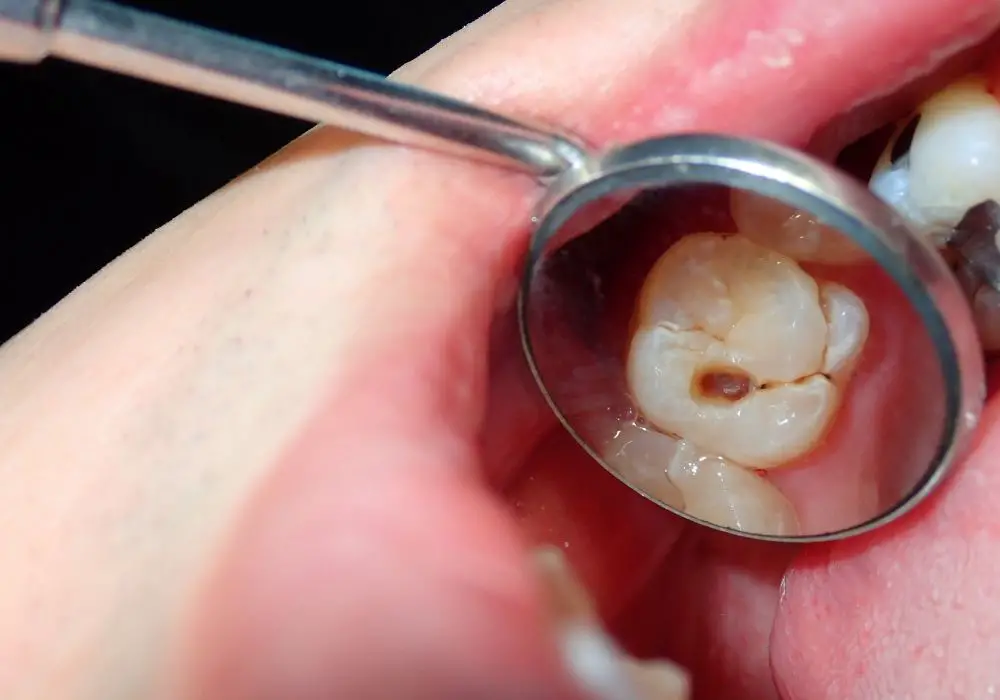
Seeing a dentist promptly is imperative to treat advanced tooth decay. But in the interim, you can try certain home remedies to help slow the demineralization process and prevent the cavities from enlarging further:
- Remineralizing Toothpaste: Specialized toothpastes contain compounds like stannous fluoride, sodium fluoride, amorphous calcium phosphate, hydroxyapatite, and xylitol which help rebuild and reharden weakened enamel through remineralization. Brush gently twice daily concentrating on decayed areas.
- Xylitol Gum and Mints: Chewing gums and mints sweetened with xylitol (a natural sugar alcohol) after meals and snacks can help reduce acidity in the mouth by stimulating saliva flow. Xylitol also decreases cavity-causing Streptococcus mutans bacteria. Choose products with high xylitol content.
- Dental Amalgam: In certain cases, small cavities can be temporarily filled at home with dental amalgam material comprised of mercury, silver, tin, copper, and zinc. These metal fillings block holes, seal out bacteria, and stop ongoing decay. However, they should be replaced with proper composite resin fillings later on.
- Tea Tree Oil: Thanks to its potent antibacterial constituents like terpinen-4-ol, applying tea tree oil to decayed teeth may aid in controlling bacterial growth and slowing the progression of caries slightly. Use a cotton swab to apply 1-2 drops, being careful not to swallow any.
- Coconut Oil Pulling: Swishing a tablespoon of coconut oil in the mouth for 10-20 minutes can help draw out toxins, plaque, and bacteria. Spit it out carefully and avoid swallowing. The lauric acid in coconut oil also exhibits antimicrobial activity against oral microbes.
- Green Tea: Daily consumption of unsweetened brewed green tea introduces antioxidants called catechins, especially epigallocatechin gallate (EGCG), that research indicates may inhibit cavity formation by suppressing acid production by streptococci bacteria.
Optimal Time to See a Dentist
While the above conservative home treatments can provide some temporary relief, dental caries require professional treatment as soon as possible to avoid complications and restore form and function. It is imperative to promptly see a dentist if you have:
- Unbearable, constant toothache and pain that is not relieved with over-the-counter remedies
- Tooth sensitivity – excessive sensitivity to hot, cold, sweet foods or pressure/touch
- Facial swelling around the affected tooth
- Halitosis (bad breath) or foul metallic taste in the mouth
- Darkening/discoloration of the decayed tooth
- A cracked, fractured, or crumbling tooth
- Visible pits, holes, or extensive breakdown of the enamel
- Difficulty eating or concerns about malnutrition
- Fever, chills, fatigue, or other symptoms of spreading infection
The longer decay remains unchecked, the deeper the cavity can burrow reaching nerves, blood vessels, and tooth roots. Extensive structural damage requiring root canals or tooth extractions can occur, along with complications like dental abscesses and osteomyelitis (infection of the jaw bone). Prompt dental treatment is crucial to remove all diseased tissue and restore teeth before extensive loss of tooth structure.
Preventing Further Tooth Decay and Damage
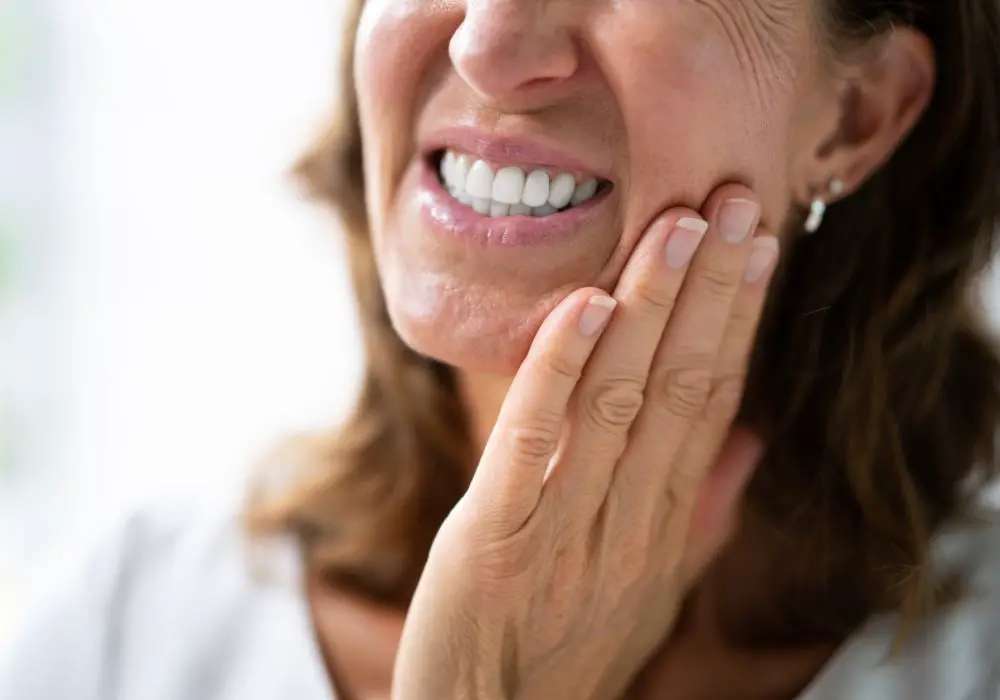
Daily oral hygiene practices and dietary modifications are key to preventing new dental caries and halting the progression of existing ones while awaiting professional treatment. Recommendations include:
- Brushing thoroughly twice daily with a soft-bristled fluoride toothpaste
- Daily flossing to remove trapped food and plaque between teeth
- Using fluoride and antibacterial mouthwash daily to reduce plaque
- Replacing your toothbrush every 2-3 months or after illness
- Visiting your dentist for professional cleanings every 6 months
- Having dental restorations like fillings placed promptly when indicated
- Limiting frequency of sugary foods and beverages which feed bacteria
- Rinsing with water or chewing sugar-free gum after consuming sweets
- Consuming xylitol-sweetened gums, mints, or candies
- Getting dental sealants applied to protect susceptible teeth
- Drinking fluoridated water and taking fluoride supplements if prescribed
- Using pH neutralizing products to raise saliva pH after meals and snacks
- Avoiding tobacco and excess alcohol which increase decay risk
With diligent oral hygiene and dietary changes to create a less cariogenic environment, you can arrest caries progression and prevent future cavities until definitive dental repair is possible.
Frequently Asked Questions
Here are answers to some common questions about treating decayed teeth yourself:
1. Is it safe to use home remedies on my decayed teeth?
Home remedies can provide minor temporary relief but cannot take the place of professional dental treatment. They carry risks like complications of infection or fractures if used too aggressively. See a dentist promptly for decayed teeth.
2. How long can I delay dental treatment for my cavities?
Do not delay dental treatment. The longer decay goes untreated, the more damage occurs. See a dentist immediately if you have severe pain, swelling, sensitivity to temperature changes, or difficulty chewing. The infection can quickly reach the dental pulp.
3. Should I try to treat an abscessed or infected tooth myself?
No, severely infected teeth are a dental emergency. The infection can spread systemically or to other teeth if not treated properly. Attempting to drain an abscess yourself can make it worse. You require urgent professional dental intervention.
4. What foods should I avoid with my decayed teeth?
Avoid very hot, cold, crunchy, sticky, hard, chewy, acidic, and sugary foods as these can irritate and exacerbate decayed teeth. Choose softer foods, chew on the opposite side of decayed teeth, and rinse with water after eating to minimize damage.
5. Can I use too much fluoride on my decayed teeth?
Yes, avoid overusing topical fluoride products like toothpaste and mouthwash as excessive fluoride can discolor teeth and irritate gums. Brush with a pea-sized amount of fluoride toothpaste twice daily. Follow usage instructions for mouthwash. Fluoride supplementation should be prescribed and monitored by your dentist.
Conclusion
Dental caries require urgent professional care to remove infection, restore form and function, and prevent future damage. Conservative home remedies provide very limited temporary relief for associated sensitivity and pain while awaiting a dental appointment. They cannot substitute definitive dental treatment and should not be used long-term. Practicing excellent daily oral self-care and modifying your diet can help arrest caries progression until curative restoration is possible. With proper dental treatment and vigilance, you can maintain a lifetime of healthy natural teeth.



